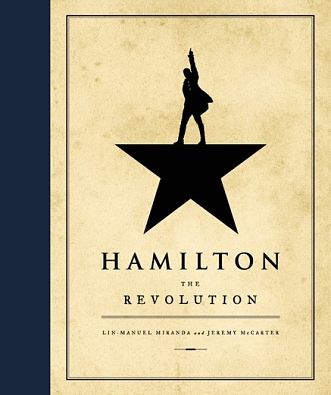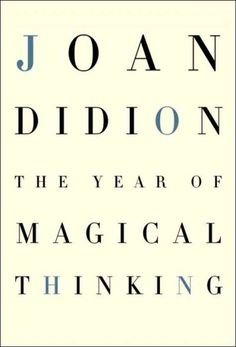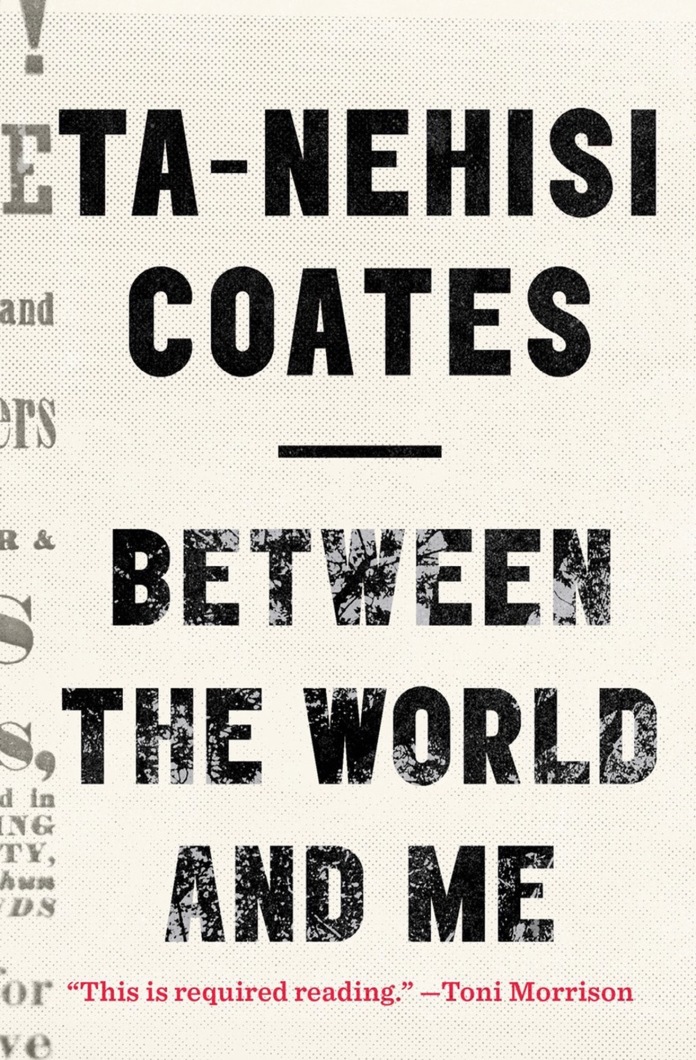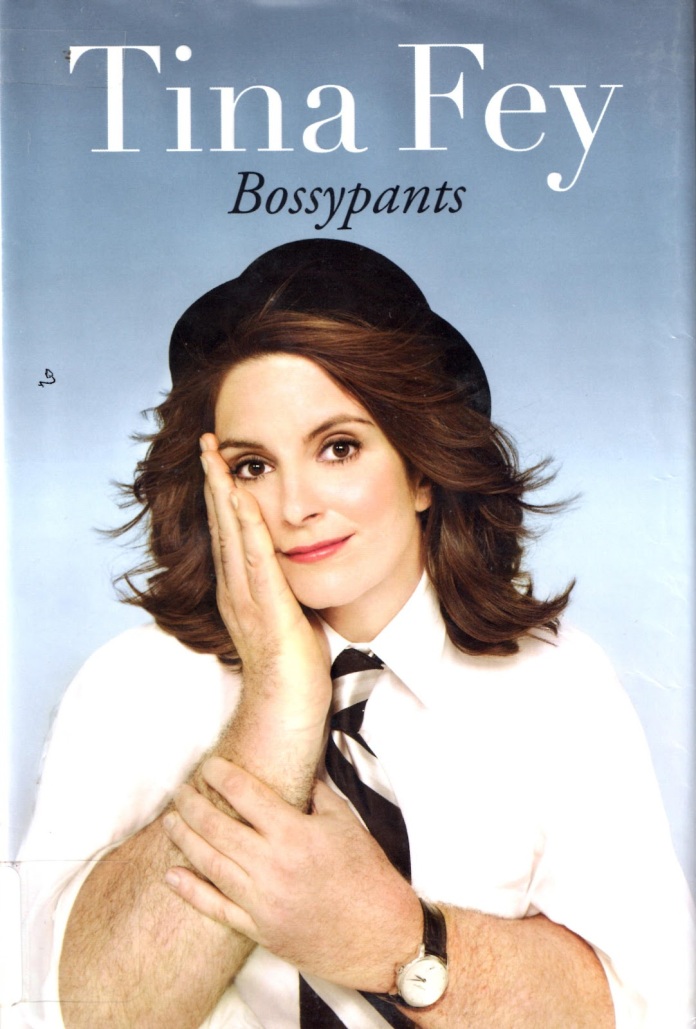In the beginning, I was put off by the harshness of German. Someone would order a piece of cake, and it sounded as if it were an actual order, like, ‘Cut the cake and lie facedown in that ditch between the cobbler and the little girl’.
–Let’s Explore Diabetes with Owls
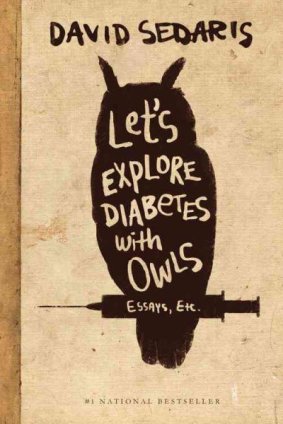
AUTHOR: David Sedaris
GENRE: Comedy, Non-Fiction
FORMAT: audiobook
RATING: 4/5 stars
THOUGHTS: If you have never read a David Sedaris essay, I suggest turning around, checking out Me Talk Pretty One Day, and then coming back to this review. I typically don’t indulge in essay reading, and I am honestly not sure how common comedic essay writing is. However, I have yet to come across with a voice so strong and distinctive as Sedaris’ in my readings. His ability with the word and his sense of his ability to make people laugh are completely masterful, and as usual, I was not let down by Let’s Explore Diabetes with Owls.
The topics in this book ranged from healthcare in France to the inner monologue of a clueless conservative activist relying on her liberal to help her protest. If you do read this book, I recommend listening to the audiobook version, as David’s voice adds a whole other dimension to the comedy of the essays. If people look at you strangely for laughing aloud in public at seemingly nothing, you won’t even care because you will be that full of glee.
As always, I learned many interesting details about Sedaris’ personal life and wondered at the idiosyncratic details of his personality. He seems more like caricature now to me than a real person, but maybe that is just his skill and self-awareness at play. The main purpose of Sedaris’ works are always human, but every so often, there is an element of philosophy or observation that strikes a deeper chord with the reader. Sedaris doesn’t claim to be an expert in anything except himself, nor does he ever come off as preachy. But his writing has a way of drawing me back and forth from real life in a way that seems pleasanter than the way that real life actually plays itself out. If I could somehow obtain his imaginative vision as a filter to my own life, I would undoubtedly accept it.
I cannot discuss the greater details of this book without spoiling a lot of it, so instead of going on and on about it, I’m just going to tell you to drop everything and go read this for a good laugh!

